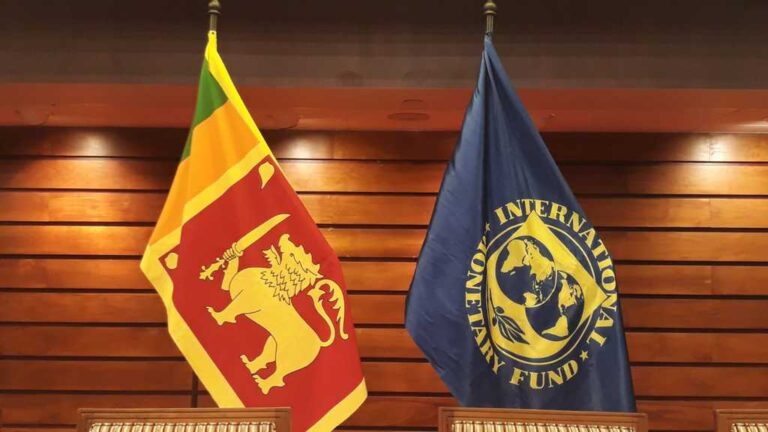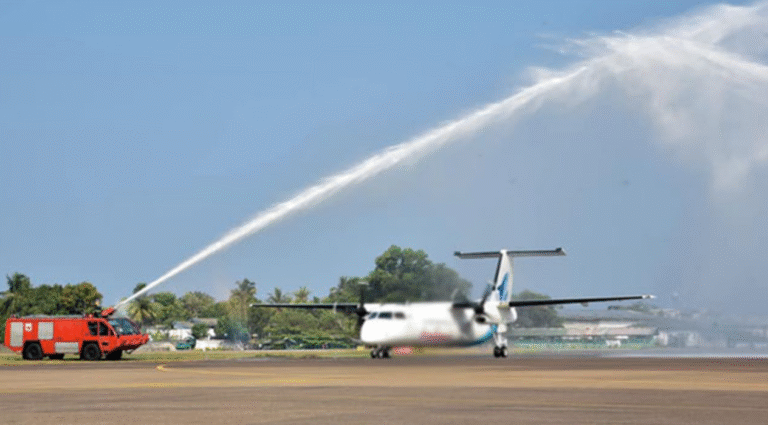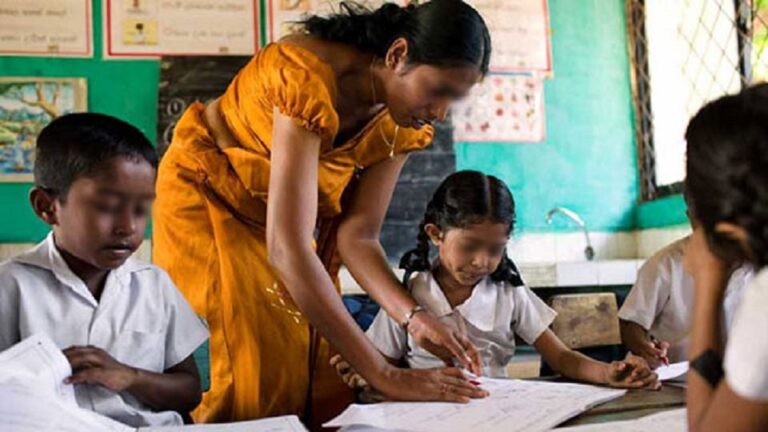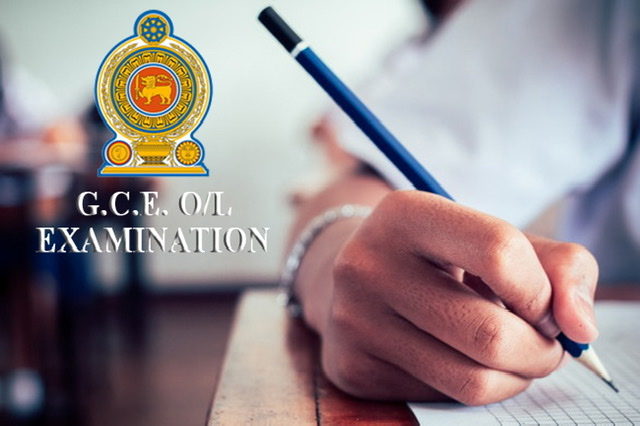Sri Lanka’s banking sector displayed renewed resilience in the second quarter of 2025, with total assets rising by 14.9% year-on-year to Rs. 23.8 trillion, reflecting a broad-based expansion in loans and investments, according to the Central Bank’s Financial Soundness Indicators Report. This marked a significant improvement from Rs. 20.7 trillion a year earlier, signaling a rebound in banking activity amid a gradually stabilizing economy.
The growth was chiefly propelled by a strong uptick in investments and credit expansion. Gross loans and receivables increased 11.4% YoY to Rs. 12.3 trillion, underscoring a modest revival in lending to businesses and households. Meanwhile, banking sector investments surged 26.2% to Rs. 9.9 trillion, suggesting a strategic pivot toward government securities and other low-risk assets amid moderating interest rates.
On the liability side, total deposits rose 12.9% to Rs. 19.2 trillion, reflecting improved public confidence and liquidity within the financial system. Overall sector liabilities expanded 14.4% YoY to Rs. 21.6 trillion, while borrowings climbed 16.6% to Rs. 1.48 trillion. The sector’s capital and reserves grew 20.4%, reaching Rs. 2.2 trillion, strengthening its shock-absorption capacity.
Importantly, capital adequacy showed further resilience, with the regulatory capital-to-risk-weighted assets ratio improving to 19.4%, up from 18% last year. This improvement was largely supported by retained earnings from higher profits.
The non-performing loan (NPL) ratio eased to 12% from 12.8%, indicating slight progress in credit quality despite continued stress in some sectors. In absolute terms, gross NPLs edged up 4.4% to Rs. 1.46 trillion, suggesting that while defaults remain elevated, the overall risk is gradually receding.
Profitability surged during the quarter, with the sector posting a Profit After Tax (PAT) of Rs. 187.8 billion, up 68% YoY. The strong performance was mainly driven by net interest income, which grew 26.8% to Rs. 501.1 billion, reflecting improved margins and effective cost management.
Overall, the second-quarter data portray a banking sector on firmer footing, buoyed by asset growth, improved capitalization, and recovering profitability though vigilance remains necessary as legacy credit risks linger.










